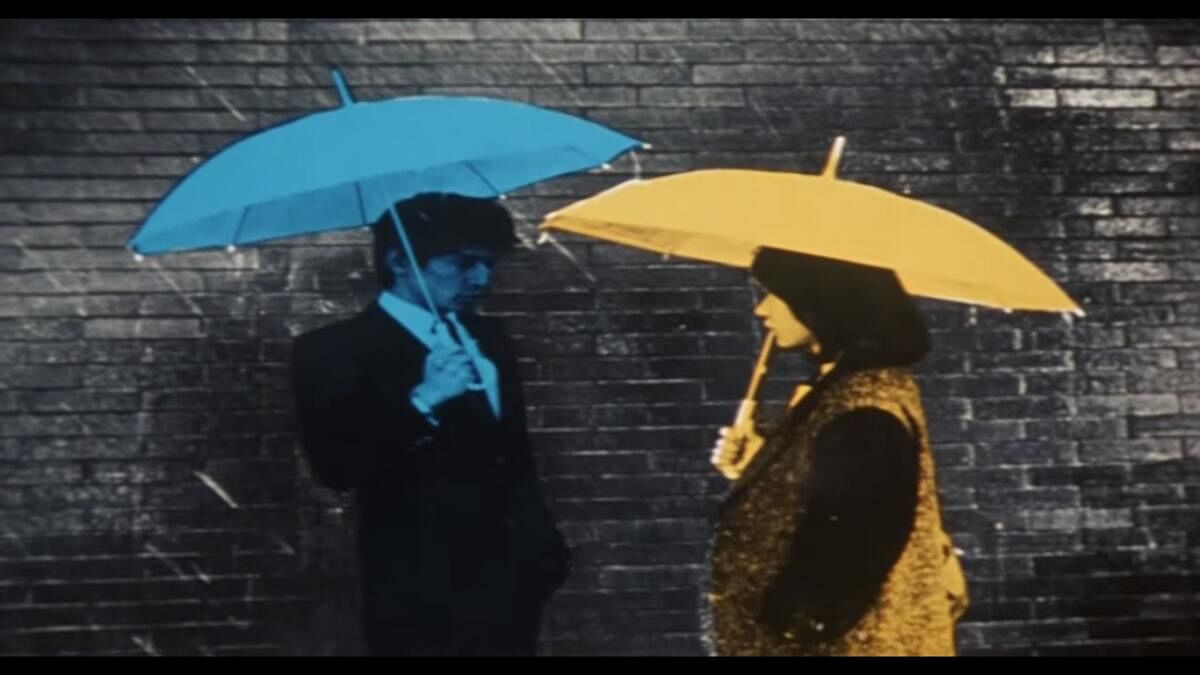
When Haruki Murakami in ‘Norwegian Wood’ wrote, “If you only read the books that everyone else is reading, you can only think what everyone else is thinking”, little did he know that he would one day become one of the most-read authors in the world. It was also the same book that brought Murakami to the spotlight.
The 74-year-old cat-loving Japanese author, with myriad fans, who is known for placing relationships in absurd situations and, exploring loneliness and self discovery, released his new book, ‘The City and its Uncertain Walls’, last month. ‘Killing Commendatore’ was Murakami’s last novel that released in 2017.
The latest book was released in the Japanese language, fans from around the world took to social media, enquiring about the English translation. As we wait, here’s a look at some of the adaptations of the author on the celluloid and dive into the world of Murakami.
One would generally sigh to the thought of books being translated into films. However, Murakami who masters surrealism, his writings filled with imagery — a woman walking down the emergency stairway of a Metropolitan Expressway, sardines and mackerels falling from the sky, a woman with a limp, in a blue silk dress, sipping daiquiri at a jazz bar — makes it irresistible to want to watch visual representations.
Burning (2018)
Adapted from the short story, ‘Barn Burning’, Burning can be easily considered as the best adaptation so far. It explores a man whose hobby is to burn barns (greenhouses in the film), a girl who has disappeared and the narrator’s search for her.
Set amidst burning greenhouses, the silhouette of a girl swaying naked in the smoky sunsets of Korean landscapes, ‘Burning’ is directed by the popular South Korean filmmaker, Lee Chang-dong. To the surprise of the audience, the film doesn’t really end where it ends in the book. Just as one thinks that the film is over, the screen cuts to another scene, and another, and another; startling and amusing the viewer.
Watch on Amazon Prime.
Drive My Car (2021)
‘Drive my Car’, set in the background of the production of an Anton Chekov play, explores love and loss, two primary elements of all Murakami writings. The protagonist, two years after his wife’s death meets a young girl who he hires as a driver, and connects to her as he thinks of his unborn child who would’ve been of the same age as her.
This Ryusuke Hamaguchi directorial also includes references from other stories from the short story collection ‘Men without Women’. The film starts with a couple in bed, the wife is narrating a story about a girl who sneaks into her classmate’s house who she is in love with. Fans of Murakami were left amused to see this unusual reference from ‘Scheherazade’, a short from ‘Men without Women’.
Watch on MUBI.
Tony Takitani (2004)
‘Tony Takitani’, a beautiful, slow and subtle film is adapted from a short by the same title. Tony Takitani is the son of a jazz trombonist from Japan, who led a breezy life in China during the second world war; and also served a sentence in prison.
Directed by the Japanese filmmaker Jun Ichikawa, ‘Tony Takitani’ explores the complex relationship people have with objects. Tony sells off his wife’s clothes and his father’s jazz collection after they’ve died. In the final sequence, a shot of his father in prison is shown parallelly to Tony lying on the floor of an empty room. It seems as if the loneliness his father felt in prison had been transported to his son; showcasing one of Murakami’s theme of loneliness in a modern world.
Watch on Apple TV
Attack on a Bakery (1982)
Two hungry young men, who haven’t eaten in two days, plan to attack a bakery owned by a member of the communist party. What happens now? “From each according to his ability, to each according to his needs?!” ‘Attack on Bakery’ (1982), a short film, directed by Naoto Yamakawa, is adapted from ‘The Bakery Attack’, one of Murakami’s lesser known short stories.
Watch on YouTube.
A Girl, she is 100% (1983)
‘On Seeing the 100% Perfect Girl One Beautiful April Morning’, the narrator continues to think about her, so much that he weaves a story on what could happen if he approached her and told her she is his 100% girl. Murakami discovers chance encounters in this short. In the background of classical music, director Naoto Yamakawa metaphorically shows chaos in the person’s mind by using monochrome and colour shots, abruptly cutting in between scenes.
Watch on YouTube.
A few other adaptations of the master’s writings are Hear the Song of the Wind, Blind Willow Sleeping Woman, Norwegian Wood, The Second Bakery Attack.